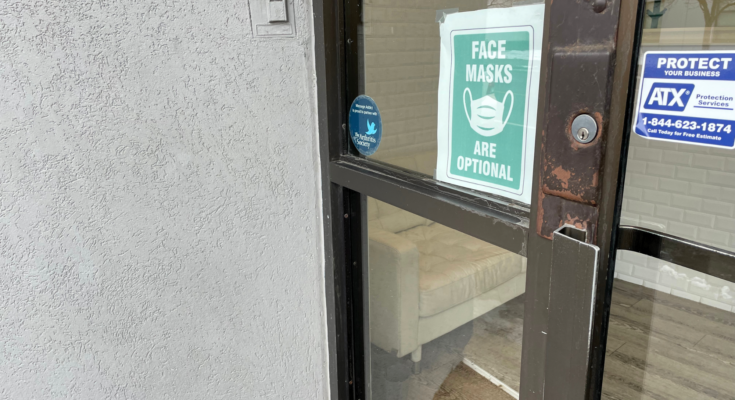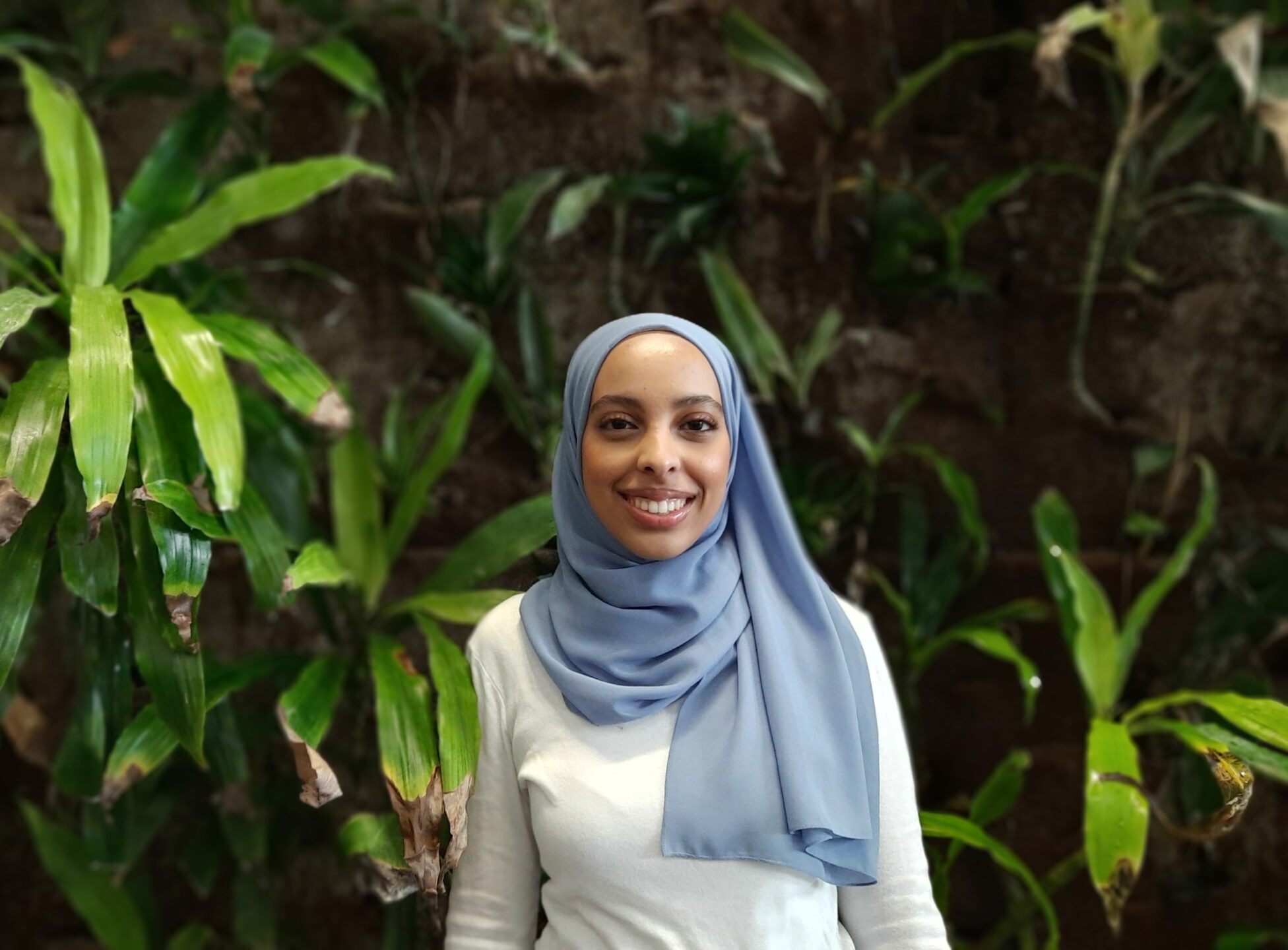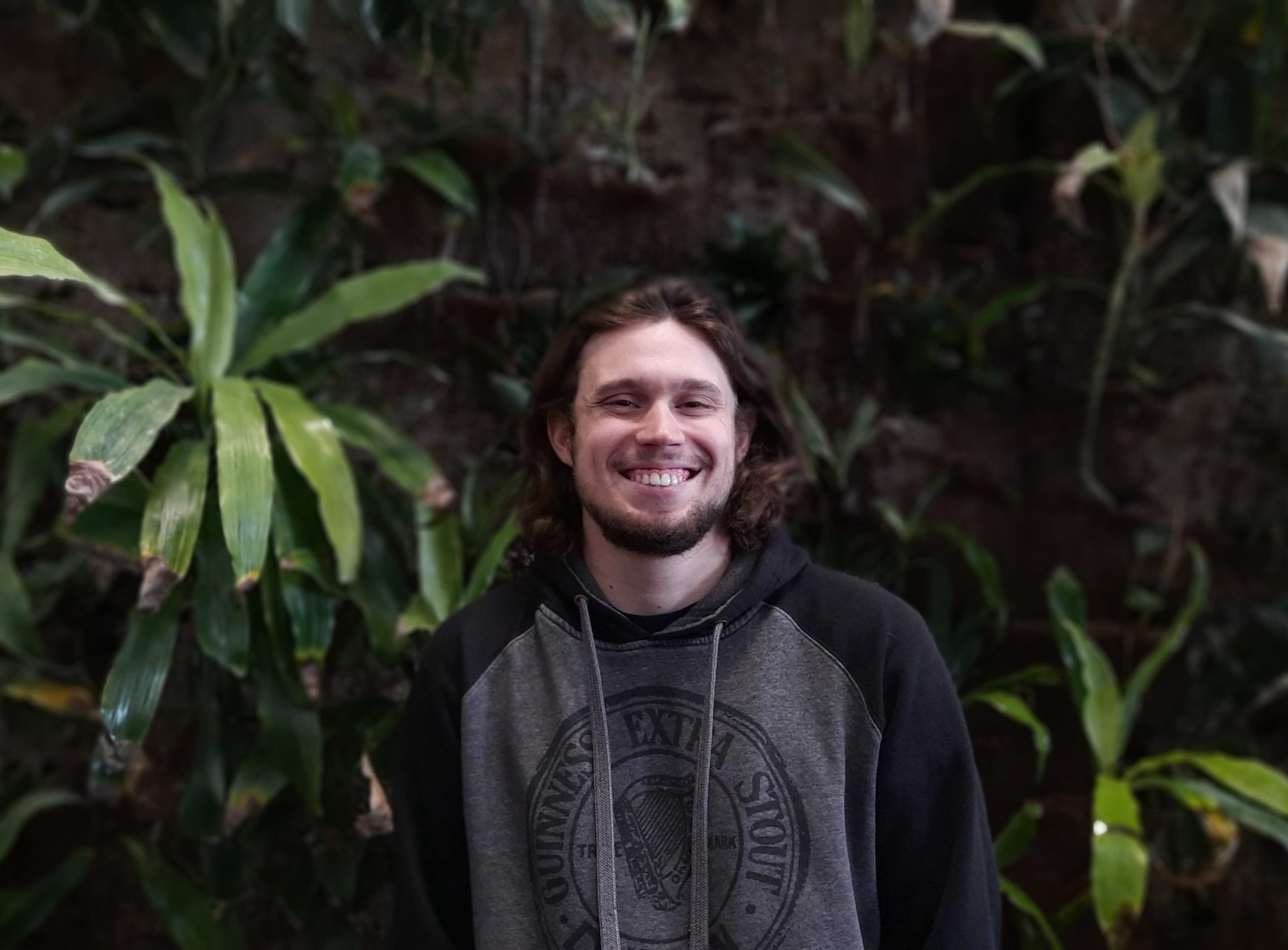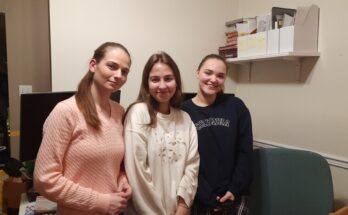By: Zuhra Jibril & Rowan McCarthy
CHEO’s emergency, inpatient, ICU and mental health units are currently overwhelmed, CHEO’s chief of staff and chief medical officer Dr. Lindy Samson said during a press conference Friday.
“We’ve been seeing 241 children a day. Our emergency department is set up and built to treat 150 children a day,” Samson said. The hospital is currently operating at 200 per cent capacity.
The emergency situation of young children contracting respiratory viruses, influenza and COVID-19 cases is unlike anything the hospital has seen before, said Alex Munter, CHEO’s chief executive officer.
“In the longer term, I think we are setting the stage here, the context for a child and youth health system that is undersized to meet the demand of our population,” Munter said. “The gap between where we were and where we need to be is significant.”
The respiratory syncytial virus, commonly known as RSV, has primarily affected young children and babies.
“This is a time that we should all be thinking about how we can keep our children safe,” said Samson, who is an infectious disease specialist. The best advice is to “practice what we know works,” which includes masking indoors, staying home when sick, getting vaccinated and practicing frequent handwashing, she said.
During the briefing, Dr. Ken Farion, vice-president of quality, strategy and family partnership, described the types of scenarios that should prompt parents to bring their children to emergency departments.
Babies under three months with fevers, babies and young children with difficulty breathing and children of all ages with underlying health conditions who get sick should be brought to the emergency department, he said. More extensive guidelines are available on CHEO’s website.
While Ontario Premier Doug Ford urged citizens to wear a mask earlier this week, the Ford government has not yet implemented any regulations.
“No one told me they wanted mandatory masking,” said Ford in a press conference last Sunday.
Citizens are defaulting to personal preventive measures due to the absence of government regulations.
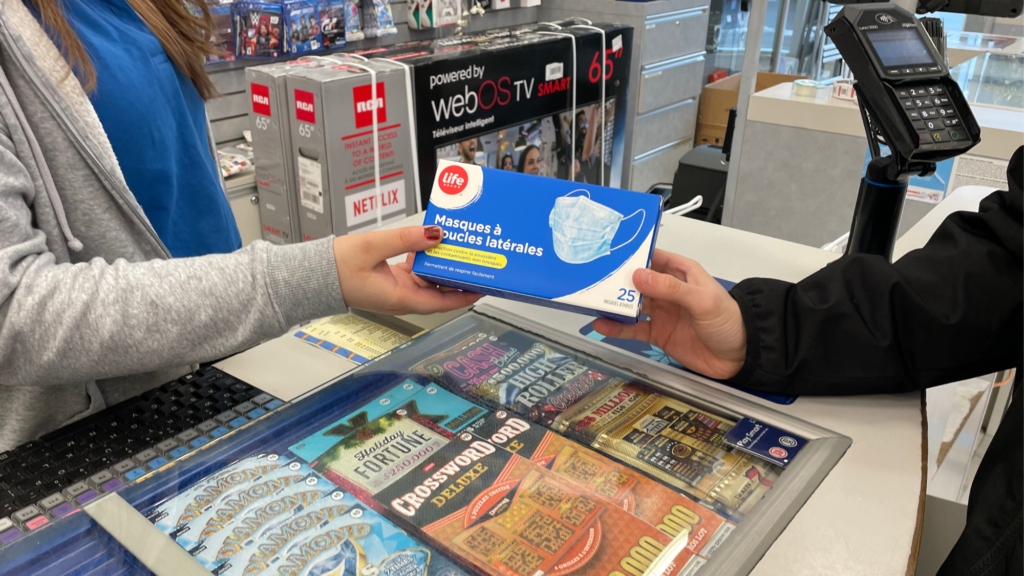
“I do carry a mask with me all the time … I am wearing it more often, but I am not necessarily saying that I will always have my mask on,” said Zein Ghazal, a student at Carleton University.
“I have all my shots and I used to wear my mask, but masks are getting harder to find,” said Chisom Adabanya, 20. “If they bring back the restrictions I will wear a mask … I don’t necessarily feel the need to be hugely protected because I have all my shots.”
Others say more regulations would not only help improve the situation but would also make them feel safer.
Alyaah-Meghan Muhorakeye said she uses her mask in certain cases like when she’s in crowds, on the bus or feeling unwell and hopes others would do the same. “Some people, I don’t know what their conditions are, so I would feel safer [if mask mandates returned],” said Muhorakeye.
“People in the healthcare services are absolutely exhausted, they are understaffed, and then you have got the RSV … I think it is criminal that they have not made masks compulsory,” said Donald Swartz, a former public policy professor at Carleton University.
Swartz felt that the government needed a much larger campaign to get people third and fourth doses of vaccines as well as making masking mandatory in group settings.
For local businesses, the situation is even more complex. With a lack of government regulations, stores are balancing employee, customer and business interests often coming to differing conclusions about what is best.
“When there are these mandates everyone is on edge,” said Melissa Woodhouse, the manager of Alta Vista Flowers. She said that employees and customers were often confused because government guidelines were unclear.
Woodhouse said that now that masks are no longer mandatory, “nobody is really angry … Everyone comes in and they do what they want and I’m finding that is a good thing right now,” she said. “Everyone is doing what makes them feel comfortable.”
Noor El-Khalili, a supervisor at Bridgehead, said that while the cafe used to enforce mask mandates and proof of vaccination, this protocol was removed when governments stopped enforcing it.
“Things have gotten a lot less precautionary since the mask mandate and the vaccination proof were lifted,” said El-Khalili. “I don’t personally blame the company for that, I think they just go with the flow of what the government says.”
Despite the lack of regulations from the government, Samson said the community is central to solving the problem. She emphasized the need for a collaborative approach to containing the spread of respiratory viruses.
“What’s happening in the community is dictating what’s happening here at CHEO,” she said.
